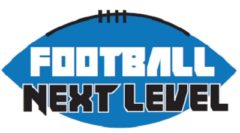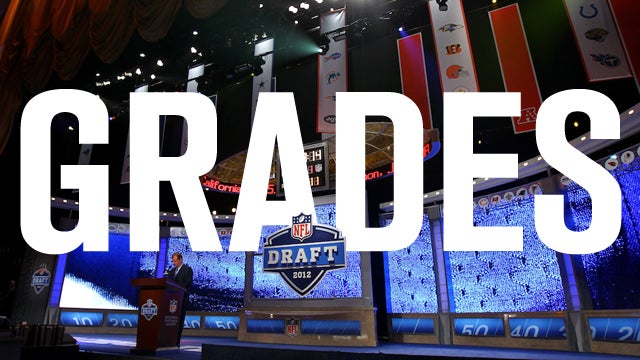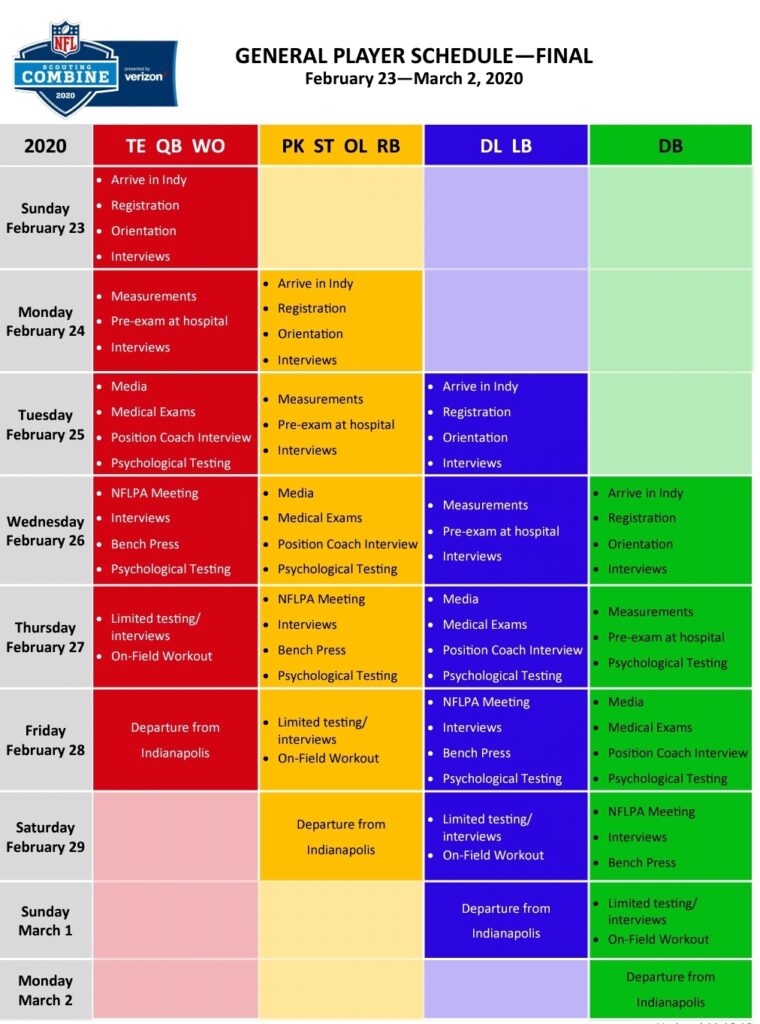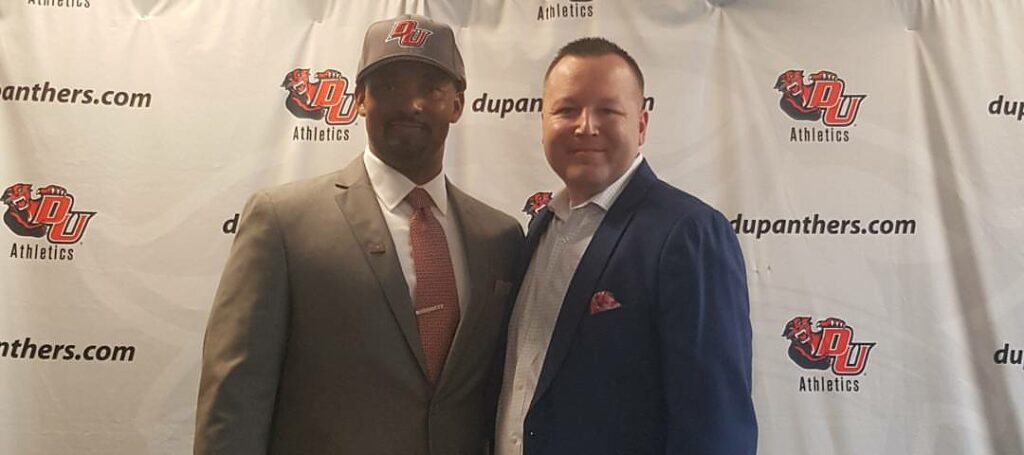A lot of people believe that the NFL Draft is made up of the Power 5 college football conferences (ACC, Big 10, Big 12, SEC & Pac-12) in college football but that is not totally the case. If we take a look at the past 5 NFL Draft we see that there are a good amount of draft picks that come from other levels of college football.
2020 NFL Draft (255 picks):
58 Draft picks Non-Power 5 (22.7%)
9 of those 53 Non-FBS
Green Bay Packers QB Jordan Love, Utah State – 1st round 26th overall was earliest Non-Power 5 pick.
New England Patriots Kyle Dugger, Lenoir-Rhyne- 2nd round 37th overall was earliest Non-FBS pick.
2019 NFL Draft (254 picks):
53 Draft picks Non-Power 5 (20.8%)
16 of those 53 Non-FBS
Buffalo Bills DT Ed Oliver, Houston – 1st round 9th overall was earliest Non-Power 5 pick.
Houston Texans OT Tytus Howard, Alabama State- 1st round 23rd overall was earlies Non-FBS pick.
2018 NFL Draft (256 picks):
63 Draft picks Non-Power 5 (24.6%)
22 of those 63 Non-FBS
Buffalo Bills QB Josh Allen, Wyoming – 1st round 7th overall was earliest Non-Power 5 pick.
Philadelphia Eagles TE Dallas Goedert – 2nd round 49th overall was earliest Non-FBS pick.
2017 NFL Draft (253 picks):
43 Draft picks Non-Power 5 (16.9%)
15 of those 43 Non-FBS
Tennessee Titans WR Corey Davis, Western Michigan – 1st round 5thoverall was earliest Non-Power 5 pick.
Chicago Bears TE Adam Shaheen, Ashland – 2nd round 45th overall was earliest Non-FBS pick.
2016 NFL Draft (253 picks):
57 Draft picks Non-Power 5 (22.5%)
20 of those 57 Non-FBS
Philadelphia Eagles QB Carson Wentz, North Dakota State -1st round 2nd overall was earliest Non-Power 5 and Non-FBS pick.
So just remember if you are in a Power 5 conference there are other guys looking to get drafted just as high as you are and if you are not in a Power 5 conference it doesn’t matter if you can play football the NFL will find you





